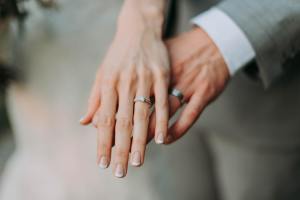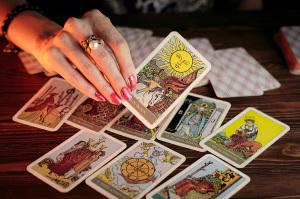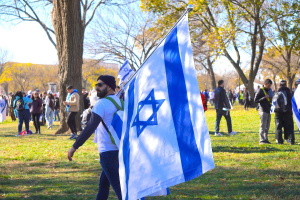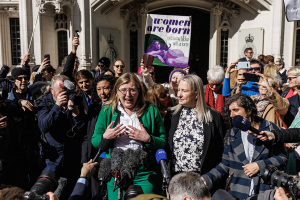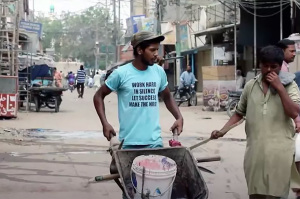Catholic Ireland Set to Become First Country to Legalize Same-Sex Marriage Through Referendum
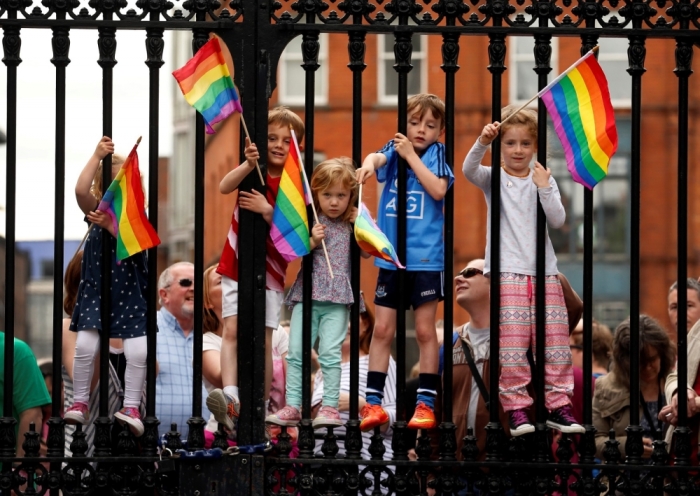
Ireland, a traditionally Catholic country, appears to have become the first country to legalize gay marriage through a popular vote Saturday, as both government ministers and opponents of the proposed constitutional amendment said hours after the counting of votes began Saturday.
"I think it's won," Equality Minister Aodhan O. Riordain, who was at the main count center in Dublin, told Reuters as final results are expected later in the day. "The numbers of people who turned out to vote is unprecedented. This has really touched a nerve in Ireland today."
David Quinn, director of the Catholic think tank Iona Institute, which opposes same-sex marriage, agreed with the likely victory of gay marriage supporters. He tweeted: "Congratulations to the Yes side. Well done."
"It's disappointing," John Murray of the Iona Institute was quoted as saying.
About 84 percent of people in Ireland identify themselves as Catholic, and the Catholic Church remains opposed to the legalization of gay marriage.
However, the Catholic Church has lost its influence over society and politics, experts say. Attendance at mass in Catholic churches in the country has also been declining, especially since the early 1990s due to sexual abuse scandals.
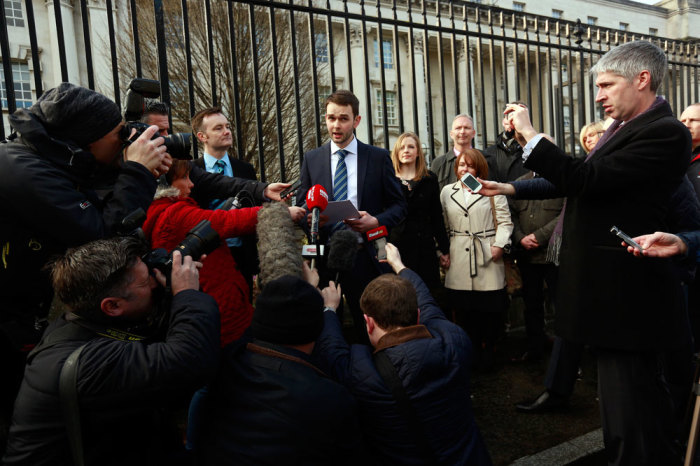
An alliance of evangelical Catholics and Protestants distributed over 90,000 pamphlets against same-sex marriage in the last week, saying it undermines the Catholic faith.
"This is a big placard from the people of Ireland to the rest of the world saying this is the way forward," The Sydney Morning Herald quoted David Norris, who began a campaign for "gay rights" in the late 1970s, as saying.
On Friday, more than 3.2 million people voted on the question whether they would like to amend the 78-year-old constitution to allow gay and lesbian couples to marry, 22 years after homosexual acts were decriminalized in the country although only a third of the country backed it at the time.
The Fine Gael-Labour government initiated the historic referendum to amend the constitution, which originally defined marriage as only between man and woman.
The Irish voters were asked whether they agreed with the statement: "Marriage may be contracted in accordance with law by two persons without distinction as to their sex."
At least 68,000 voters registered in the last weeks of the campaign, and turnout was strong mainly in the traditionally liberal Greater Dublin compared to other parts of the country, according to The Guardian.
Many younger voters turned up at polling stations for the first time.
Five years ago, the government enacted a law providing for civil partnership but the legal recognition was without a constitutional protection.
"The loudest voice in the No campaign has been the Iona Institute, a powerful Catholic lobbying group, allegedly funded by American conservatives who promote 'the place of marriage and religion in society,'" Ben Kelly of Attitude Magazine wrote in the U.K.'s Telegraph newspaper.
"From the birth of the Irish Republic, the Church ruled the moral life of the country. It dictated what was right and wrong, who was godly, and who was a sinner," Kelly wrote. "It reigned supreme not just at mass on Sundays, but in schools, boarding houses, hospitals, asylums — even the local dances. And though it preached the love of God, it was the fear of God that it practiced."
The referendum outcome has left particularly the older generation unhappy. "You can give the gays their rights without redefining the whole institution of marriage. What they're asking for is too much," Bridget Ryan, a 61-year-old voter, told The Associated Press.
















